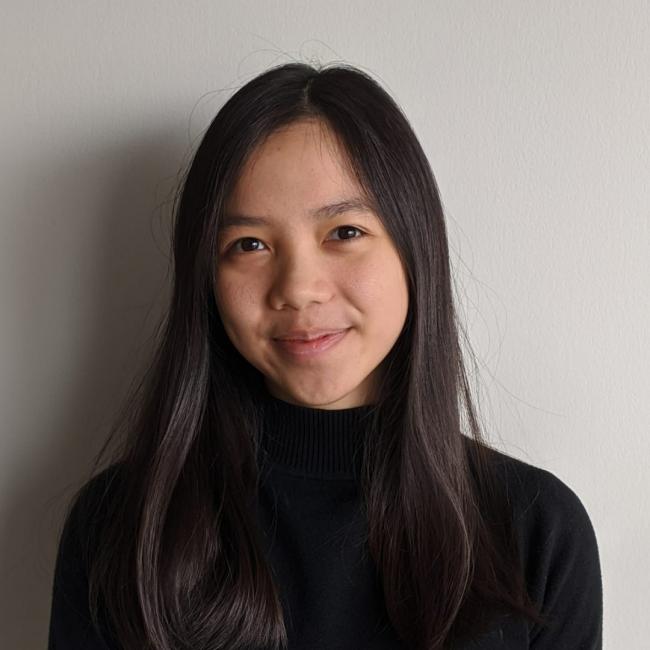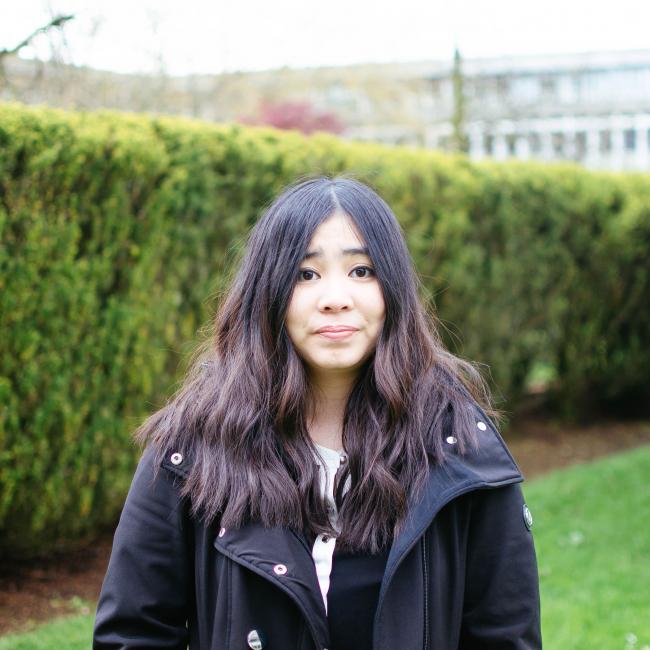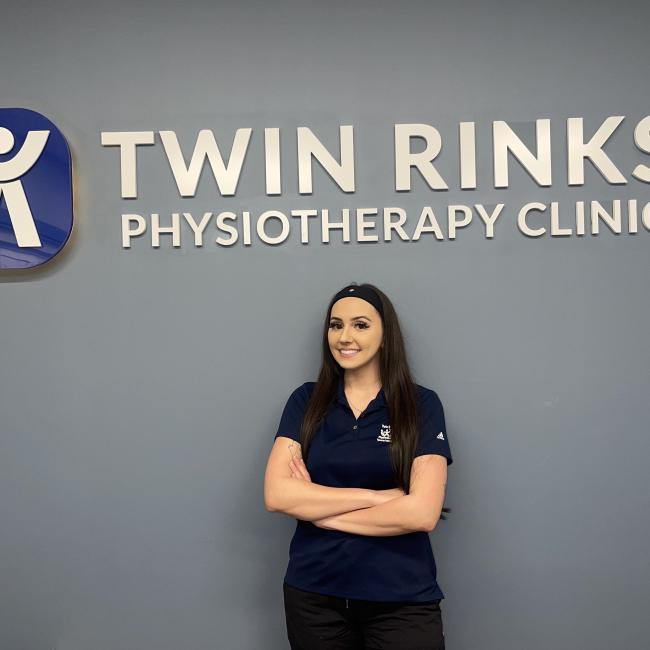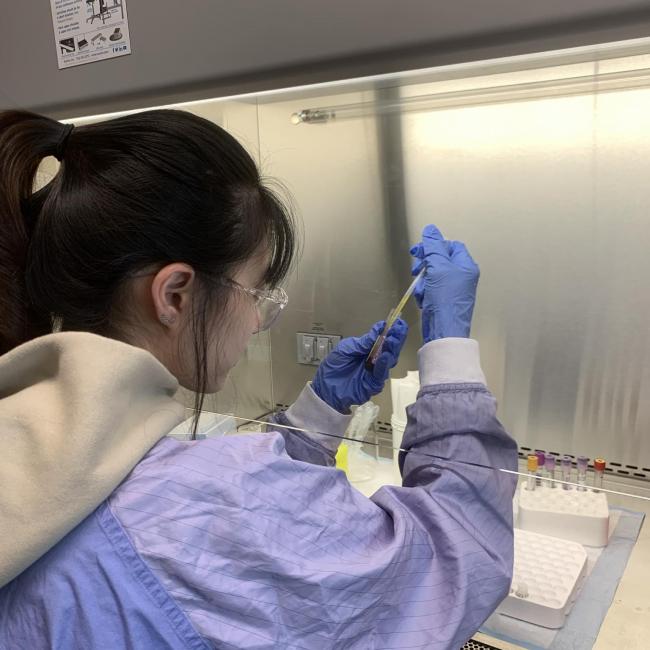I am a Senior Machine Learning Scientist at lululemon where I develop and deploy AI solutions to a variety of cross-functional partners ranging from fashion designers, email & web marketing, guest innovation, inventory planners, and more. I enjoy working with data and exploring new industries, ranging from a quantitative analyst at a billion-dollar pension fund, a research collaborator on COVID-19 host genetics to a statistical consultant at a multinational paper manufacturing company. Today, my work involves taking on leadership roles, extracting business value in the deep learning space, and supporting data science products’ journey from conception to deployment.
Prior to this, I graduated with a Master's in Statistics, with a specialization in data science, machine learning, and computer vision from Simon Fraser University in Canada. I am a part of several women-centric organizations in technology, teach data science and machine learning courses, and mentor students at hackathons & tech events.
Outside of work, I also enjoy painting, art and building support, and advocacy for women/women of color in STEM!
I graduated with a Master’s in statistics, with a specialization in machine learning and computer vision. I completed two co-op work terms. One of them was a Data Science Intern at CANSSI (Healthcare). The other one was a Quantitative Strategy and Research Intern at Ontario Teacher’s Pension Plan (Finance). Today, I work as a Senior Machine Learning Scientist at lululemon (Retail Fashion) where I develop and deploy AI solutions to a variety of cross-functional partners ranging from fashion designers, email & web marketing, guest innovation, inventory planners, and more!
-
Gaining practical experience: As an international master's student in Canada, my previous work experience was mainly in India. Completing multiple co-op terms proved invaluable during screening interviews for full-time positions. Companies value practical work experience as a validation of skills, particularly for immigrants, as it provides a common benchmark for comparison.
-
Exploring diverse roles: Co-op provides an excellent opportunity to explore different industries of interest. My ultimate goal has always been data science and machine learning. I strategically used my co-op to venture into finance and healthcare, two contrasting sectors I had always been curious about. It is a great avenue for low-risk exploration of potential career paths.
-
Familiarizing with industry tools & processes: Working on assignments and course projects is very different from working in the industry. In rapidly evolving fields like AI, I benefited a lot from insights into industry trends and direction. I also got hands-on experience with relevant industry tools. For example, in my finance role, I utilized MATLAB and Bloomberg Terminal to build systematic trading models and library packages. On the other hand, I used statistical models in R/Python for the COVID-19 genetics co-op. This broad skillset prepared me well for a variety of data science jobs.
-
Building powerful connections: I am still in touch with mentors and supervisors from my internships. It's crucial to nurture these relationships for future job searches or potential career transitions. Even if I didn't end up in the same organization, these connections can serve as potential mentors. I encourage mentees to expand their network beyond their co-op team, as they may be interested in other teams within the organization. Working in the same company allows you to build such connections and target those teams in the future.
-
Plan ahead: It took me approximately two months to secure a co-op position and around four months to find a full-time job. In my experience, this is considered a relatively fast timeline, as it often takes longer. I mention this to emphasize the importance of planning ahead if you are considering a co-op opportunity!
-
Don’t be overly selective: When applying for internships or jobs, I never limit my options. Each interview to me is a valuable learning experience, especially if you haven't had many interviews in the past.
-
Network, network, network! As clichéd as it may sound, networking is crucial. Attend career fairs, co-op sessions, and other relevant events. For instance, I have also attended a co-op highlight event during my master’s. After the event, I reached out to the attendees on LinkedIn afterward, frequently encountered them at tech events, and eventually requested a referral when a suitable position became available.
-
Prepare thoroughly for co-op interviews: Do not underestimate the interview process, assuming it will be easy just because it is an internship. The interview process can be rigorous and time-consuming. Take advantage of the services provided by the co-op program, such as resume and cover letter review sessions. Personally, I found Victoria to be amazing in helping me with these. Together, it took us 3 iterations to craft a resume we were both happy with.
-
Stay organized: Since you will be applying for multiple internships/jobs, it is important to stay organized. I used an Excel sheet to keep track of all the applications. I included important details in separate columns, such as job title, link to the job description, point of contact, and the stage of the interview process (screening, round 1, etc.)
-
Cast a wide net. But keep it relevant! It is perfectly fine to explore different industries during your co-op experience. I personally ventured into both finance and healthcare because I was interested in both fields. It can also serve as a way to eliminate options. For example, I discovered that healthcare didn't align well with my personality and interests, so I ruled it out as a potential career path.














